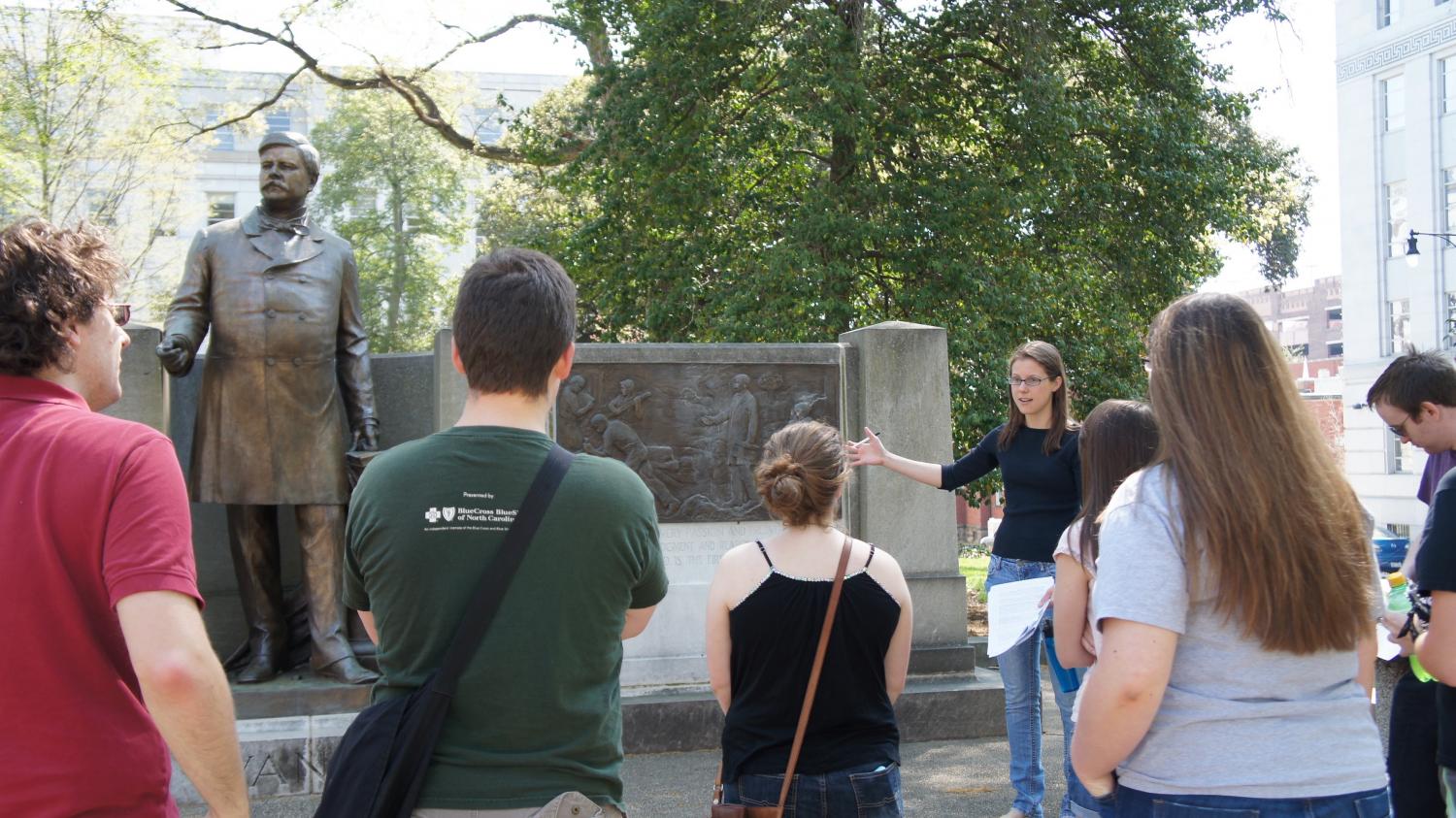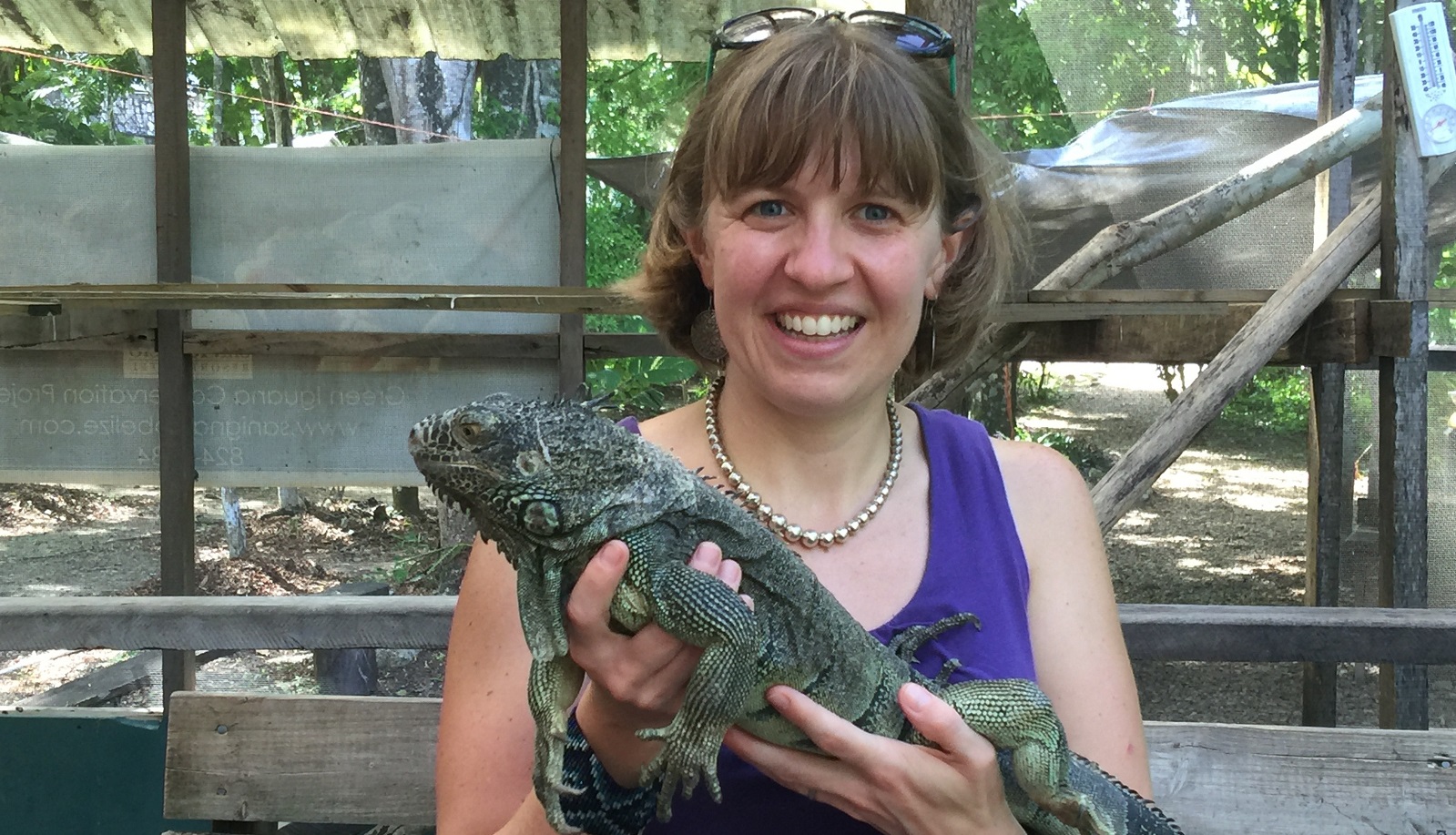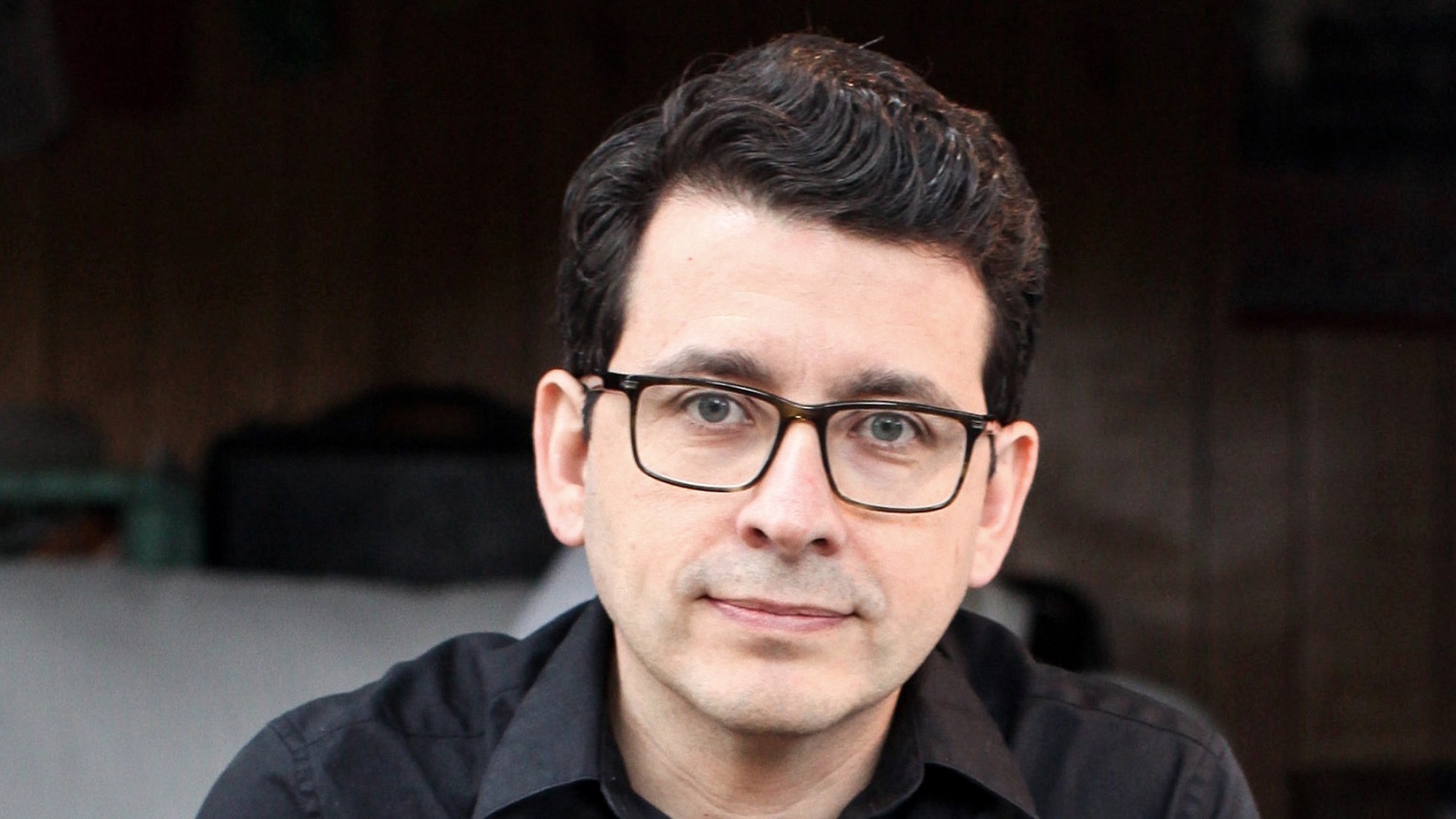
Research and Engagement
Our faculty and graduate students are award-winning scholars, authors of innovative historical studies, expert curators and more. Their research spans the world across time, from the ancient Romans to modern technology and the environment.
A Humanist in a Science Museum

History Faculty interviews
Researching, Sharing Histories of Marginalized People in the South

Faculty Fermentology Webinars
Fermentation in Ancient Mesopotamia, Beer, Bread and More Beer
In this talk, Tate Paulette explores the foods and, especially, the fermented foods of ancient Mesopotamia. He looks at ancient recipes, royal inscriptions, administrative records, archaeological remains, artistic works, and more on a culinary tour through the famous “land between the rivers.” Particular attention is devoted to beer, the beverage of choice in ancient Mesopotamia.”
Why Do People Care for Sourdough?
Using one family’s story and survey responses from hundreds of Sourdough Project participants, Matthew Booker speculates about why people carry sourdough cultures with them around the world and down through generations. Maintaining sourdough in our kitchens pairs human and microbial cultures in a multispecies community with intriguing implications for both human history and biological diversity.


